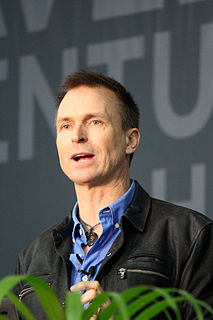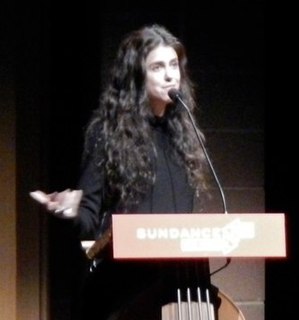A Quote by Paul Rust
If you read scripts, you would see people rarely speak like that in real life, in complete sentences.
Related Quotes
A lot of actors choose parts by the scripts, but I don't trust reading the scripts that much. I try to get some friends together and read a script aloud. Sometimes I read scripts and record them and play them back to see if there's a movie. It's very evocative; it's like a first cut because you hear 'She walked to the door,' and you visualize all these things. 'She opens the door' . . . because you read the stage directions, too.
All modesty aside, I think I'm good at reading scripts. The way I read a script is as fast as I can, all in one sitting, and I don't read many of the stage directions. I only read enough stage directions to let me know where I am, because they're always so verbose and mostly horseshit. So I only read the dialogue, which allows me to see the movie in my mind's eye in real time.
There are people I'm drawn to that you just can't do a tiny, no-budget movie with. I would like to pursue some of that stuff, to see if I could do a movie with some of those people. And I don't really write scripts myself, but if I read a script I thought was really great, I would totally be up for doing a more traditional movie. It's just that I don't exist in that world.
right now.
The test for me, when I read other people's scripts, is whether I feel like there's something about me that is the best person to tell this story. I have a pretty high bar for myself. There's a lot of scripts that I read and think, "Oh, this is great, but I think there are 50 other directors who could bring this to the cinema."


































